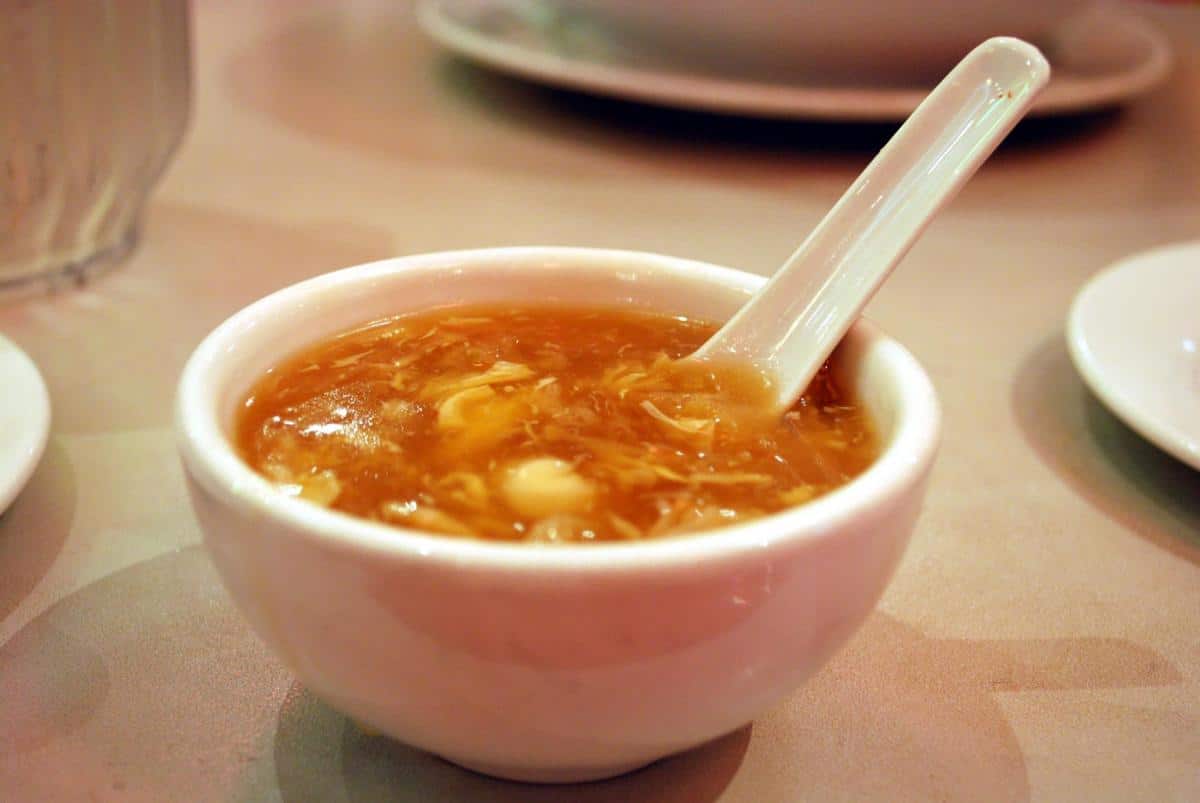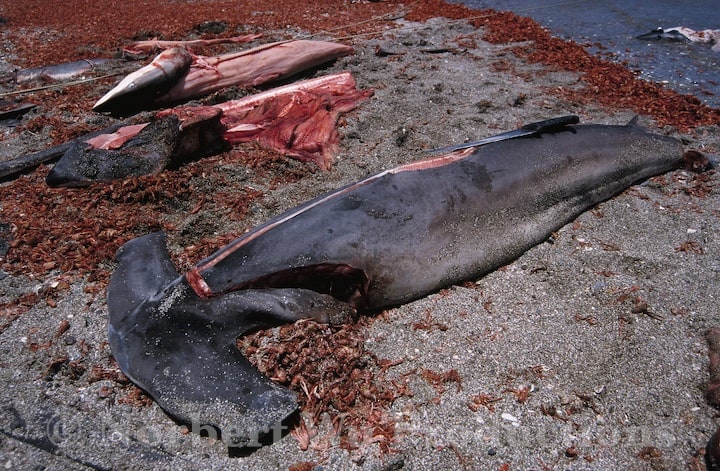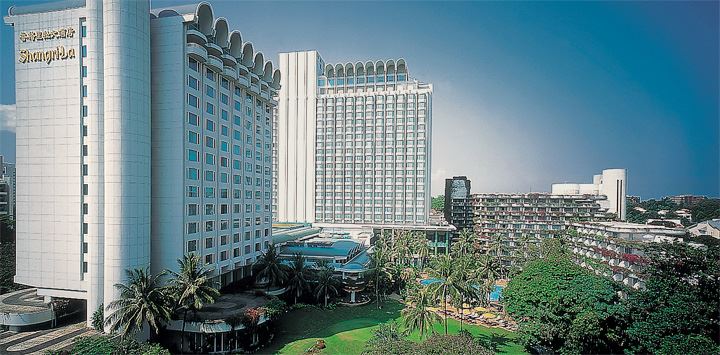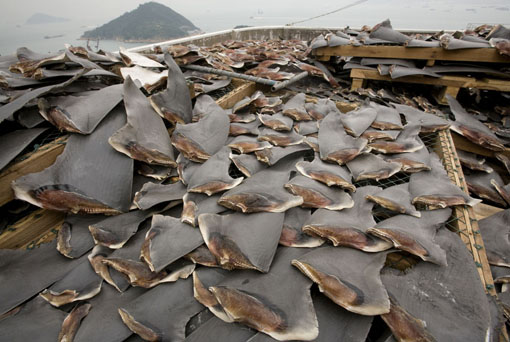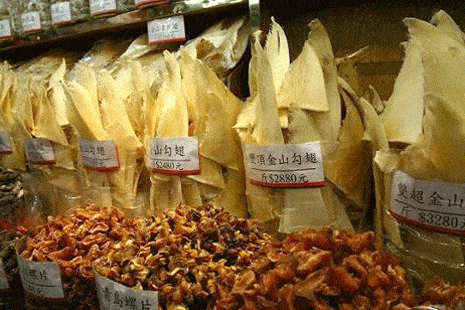Time to stop paying lip service.
Singapore is ranked third in the shark fin trade globally, in terms of importing and exporting the fins out of the 68 countries and territories studied.
In terms of trading, Singapore’s import and export values are ranked the second highest in the world, at US$51.4 million and US$40 million respectively.
A report released by World Wildlife Fund (WWF) showed that according to figures provided by the Food and Agriculture Organisation between 2005 – 2013. Singapore imported 11,535 tonnes of shark fin whereas Hong Kong imported 83,210 tonnes.
In terms of exports, Singapore saw an export of 11,535 tonnes of shark fin with Hong Kong topping the list once again at 41,877 tonnes.
This report comes as a surprise with many people saying no to shark fins as well as businesses such as hotels and restaurants choosing to take it off their menu.
According to a study done by WWF in 2016, three out of four consumers in Singapore felt that the Government could do more to protect sharks. These consumers also claimed that they would support legislations against shark fin consumption.
82% respondents of the survey said that they did not consume any shark or ray meat for a year in 2016. Of the 74% of those who did, they consumed shark fin soup at a wedding banquet.
Hotels like Shangri-La have also said no to shark fins in its 72 hotels worldwide and instead revised their menus to come up with a replacement for shark fin related dishes.
What Does This Mean For Singapore?
Being one of the biggest culprits, the solution to addressing the global shark crisis lies in our hands.
Being transparent is a start, in-depth analysis by TRAFFIC and WWF has been hampered by the lack of detail in Singapore Custom’s import and export data.
The recommendation is for Singapore Customs to begin recording shark data using detailed Harmonised System Codes (HS Codes) that have been developed by the World Customs Organisation in order to classify the goods – such as dried and frozen shark products.
This is essential for WWF and TRAFFIC to accurately determine the actual trade volumes and gain an understanding of the species that are being traded.
Time For A Ban In Singapore
In Asia, countries like Malaysia, China and Hong Kong have already imposed banqueting bans that prevent shark fin being served at official functions.
Brunei was the first country in 2013 to not just ban the catch and landing of all shark species in its national waters but banning the domestic and international trade in shark fin as well.
Regional Director of the Asia-Pacific at NGO Shark Savers Jonn Lu said Singaporeans are ready for legal actions against shark fins.
“The Singapore public are already educated on this issue and ready to support policymakers in applying legal controls on the consumption of shark fin, progressing towards a ban on the trade of shark fin here.”
Singapore currently has no bans in place to protect the sharks – but why? With a strong public support as well as other nations who are doing their part, it’s time for the Singapore Government to follow in their footsteps and do our part.








